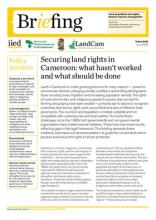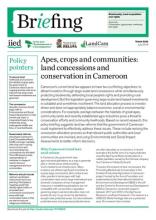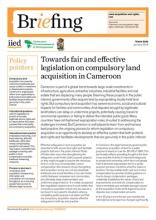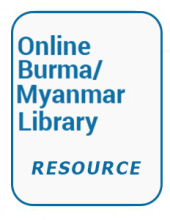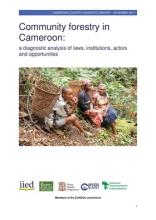Land Library
Welcome to the Land Portal Library. Explore our vast collection of open-access resources (over 74,000) including reports, journal articles, research papers, peer-reviewed publications, legal documents, videos and much more.
/ library resources
Showing items 1 through 9 of 1264.Au cours des trente dernières années, un nombre croissant d'États ont adopté de bonnes lois qui renforcent considérablement les droits fonciers de leurs citoyens.
Land in Cameroon is under growing pressure for many reasons — powerful commercial interests, changing climate conditions and shifting demographic flows including mass migration and increasing population density.
Cameroon’s current land law appears to have two conflicting objectives: to attract investors through large-scale land concessions while simultaneously protecting biodiversity, defending local people’s rights and promoting rural development.
From the mid-2000s, a commodity boom underpinned a wave of land use investments in low- and middle-income countries.
Cameroon is part of a global trend towards large-scale investments in infrastructure, agriculture, extractive industries, industrial facilities and real estate that are displacing many people.
Reports on the meeting on 12-13 December, plus text of "Third Asia-Pacific Water Summit:
Water Security for Sustainable Development
Yangon Declaration:
The Pathway Forward
In Cameroon, commercial and infrastructural developments are exerting increasing pressure on land and natural resources, which is in turn exacerbating the risks to the rights of indigenous peoples.
This brief study has been produced by the partners of the CoNGOs consortium to share our different knowledge and experience, and to set out a joint understanding of the current state of play in relation to community forestry in Cameroon.
While Burma’s ethnic states are blessed with a wealth of natural resources and biodiversity, they
have been cursed by the unsustainable extraction and sale of those resources, which has fuelled


